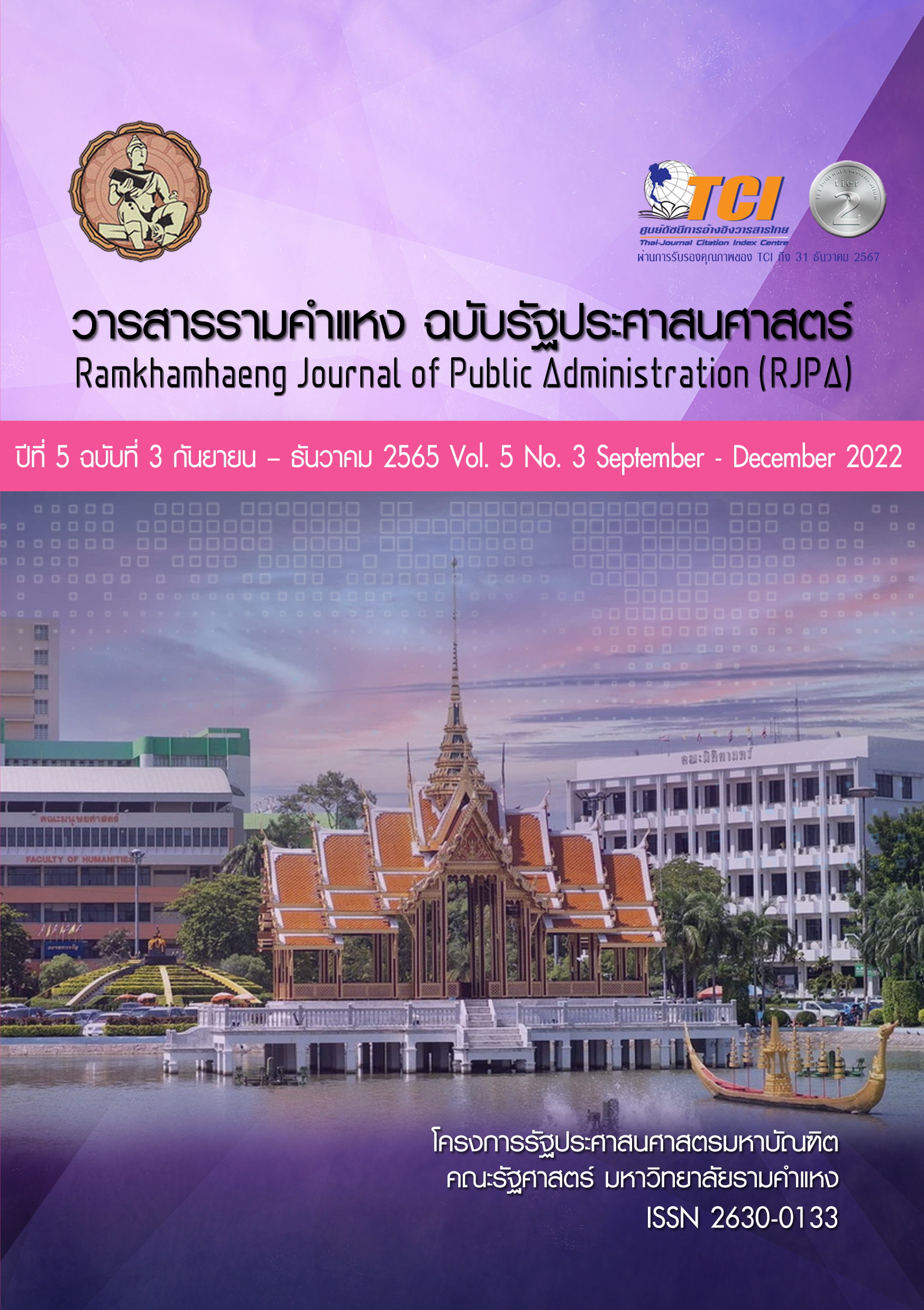Politics – Democracy - Communism: Jean-Luc Nancy’s philosophical concepts
Keywords:
Democracy, Communism, PoliticsAbstract
Political situations both in Thailand and abroad are the evidence of problem of Democracy. What does this word mean exactly? Some philosophers consider democracy as an empty signifier which has been used for representing any kind of political doctrines so democracy has lost its meaning and does not signify anything after all.
In this article, I am reconsidering the meaning of democracy and communism, which are usually known as an opposition, by referring to Jean-Luc Nancy’s philosophical concepts to clarify and answer three questions as follows 1) How does politics contaminate with philosophy and democracy? 2) Nancy defines communism as a heart of democracy (as if their meanings are interchangeable). Therefore, I am going to examine how these terms were transformed and intertwined. The objective of this article is to differentiate three terms: politics, communism and democracy through Nancy’s ontological perspective.
References
กมลกา จิตตรุทธะ. (2561). การปรับแปลงมโนทัศน์ “ประชาธิปไตย” ของ ฌอง-ลุค นองซี. รัฐศาสตร์ปริทรรศน์. 5(1), 93 – 111.
Agamben, G. & McCuaig, W. (2012). Democracy in What State?. New York: Columbia University Press.
Devisch, I. (2013). Jean-luc Nancy and the Question of Community. London: Bloomsbury.
Morin, M.-E. (2012). Jean-luc Nancy. Cambridge: Polity.
Nancy, J.-L. & Connor P. (1991). The Inoperative Community. Minneapolis: University of Minnesota Press.
Nancy, J.-L. (2010a). The Truth of Democracy. New York: Fordham University Press.
Nancy, J.-L. (2010b). Communism, the word. In Douzinas, C. & Zizek, S. (eds.), The Idea of Communism. London: Verso
Downloads
Published
How to Cite
License
Copyright (c) 2025 กมลกา จิตตรุทธะ

This work is licensed under a Creative Commons Attribution-NonCommercial-NoDerivatives 4.0 International License.



